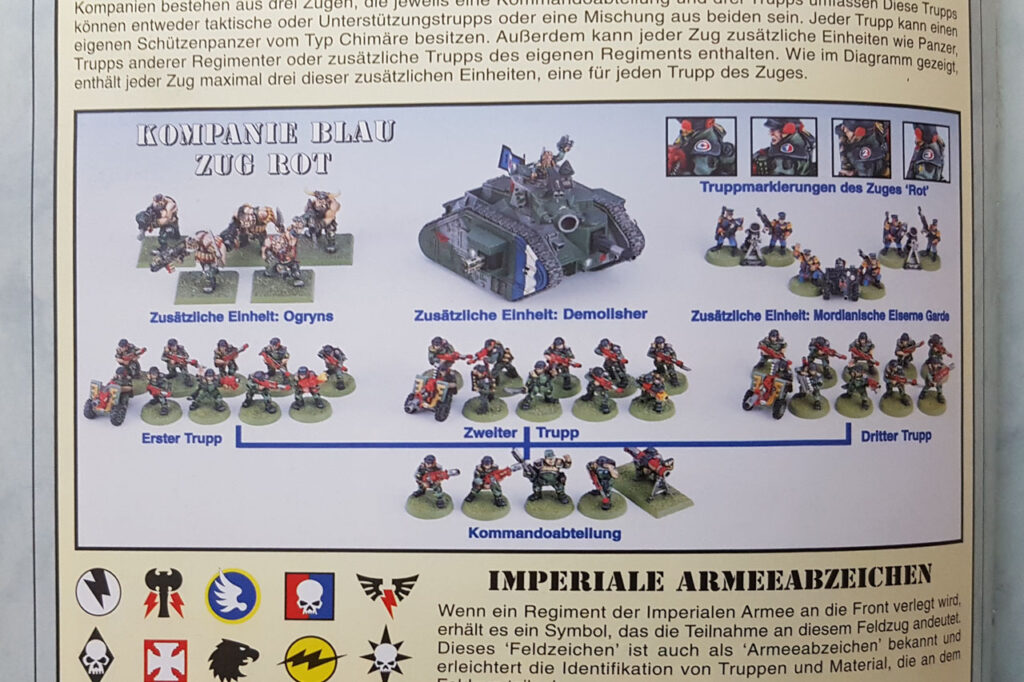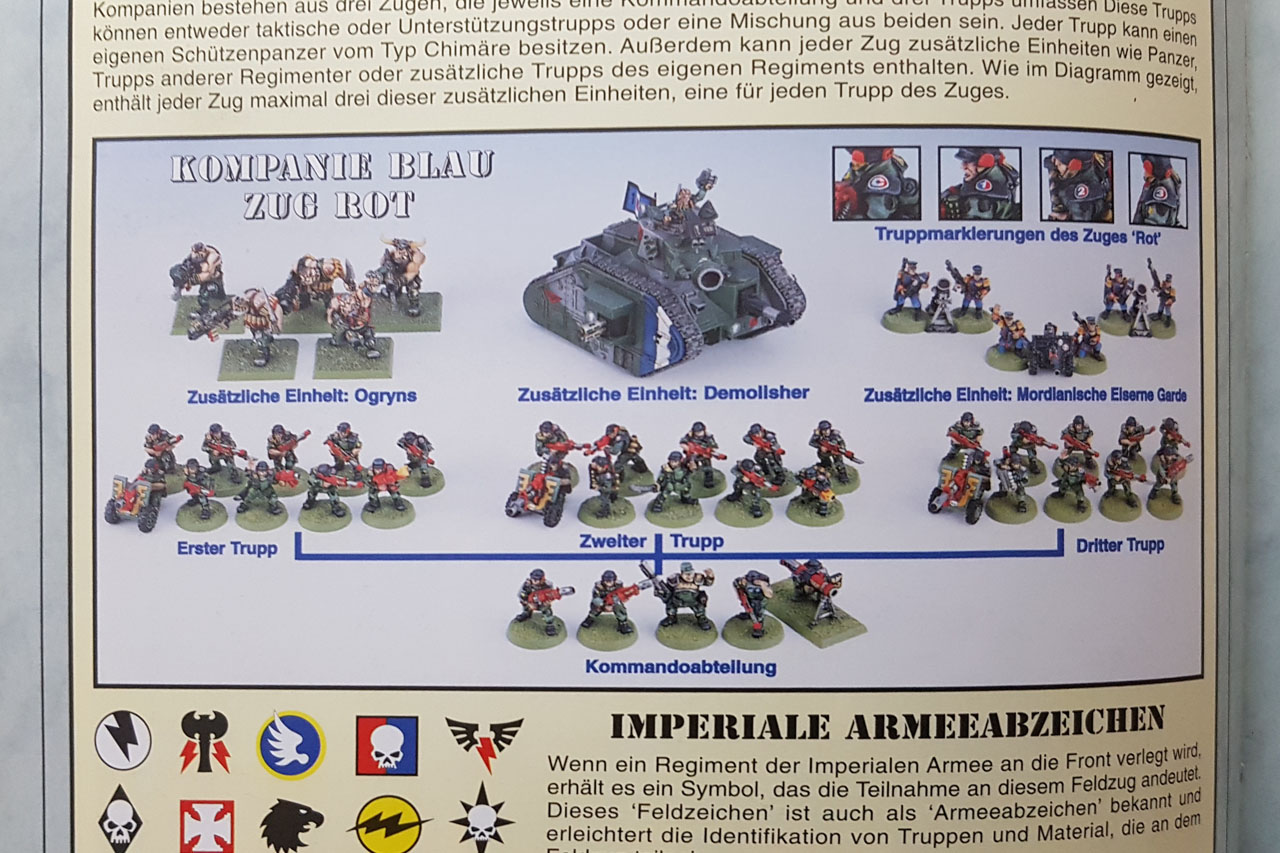
The Imperial Guard: A Comprehensive Overview of Elite Military Forces Throughout History
The term “Imperial Guard” conjures images of unwavering loyalty, exceptional skill, and an almost mythical status within military history. Across different empires and eras, the Imperial Guard has represented the pinnacle of military prowess, serving as the personal protectors of emperors and playing pivotal roles in shaping the course of history. This article delves into the history, purpose, and significance of various Imperial Guard units, exploring their evolution and lasting impact.
What Defines an Imperial Guard?
While the specific composition and duties of an Imperial Guard vary depending on the empire or regime they serve, several key characteristics are common. These include:
- Elite Status: Members are typically selected from the best soldiers in the army, often undergoing rigorous training and possessing exceptional combat skills.
- Loyalty: Unwavering loyalty to the emperor or ruling power is paramount. They are often sworn to protect the leader at all costs.
- Prestige: Serving in the Imperial Guard is a highly prestigious honor, often accompanied by privileges, better pay, and opportunities for advancement.
- Ceremonial Duties: In addition to combat roles, Imperial Guard units often perform ceremonial duties, such as guarding palaces, escorting dignitaries, and participating in parades.
- Strategic Reserve: They often act as a strategic reserve, deployed at critical moments to turn the tide of battle.
Historical Examples of Imperial Guards
The Roman Praetorian Guard
Perhaps the most well-known example, the Praetorian Guard, established by Emperor Augustus, was intended to protect the emperor and maintain order in Rome. Initially, they were relatively few in number and hand-picked by Augustus himself. However, over time, their power grew, and they became deeply involved in Roman politics, often assassinating emperors and installing their own candidates. The Praetorian Guard’s influence ultimately contributed to the instability of the Roman Empire. Their story serves as a cautionary tale about the dangers of concentrating too much power in a single military unit.
Napoleon’s Imperial Guard (La Garde Impériale)
Napoleon Bonaparte’s Garde Impériale was a force of unparalleled quality and dedication. Composed of veterans from his campaigns, they were renowned for their courage, discipline, and unwavering loyalty to Napoleon. The Guard was divided into several tiers: the Old Guard, consisting of the most experienced soldiers; the Middle Guard; and the Young Guard, made up of newer recruits. They participated in almost all of Napoleon’s major battles, often serving as the decisive force that secured victory. The Imperial Guard under Napoleon was a symbol of French military might and a testament to the power of charisma and leadership. Their famous last stand at Waterloo cemented their place in military legend. [See also: The Battle of Waterloo: A Turning Point in European History]
The Byzantine Varangian Guard
The Varangian Guard of the Byzantine Empire was a unique and fascinating institution. Primarily composed of Norsemen (Vikings) and later Anglo-Saxons, they served as the emperor’s personal bodyguard. Their reputation for ferocity and loyalty made them highly valued, as they were less susceptible to the political intrigues that plagued the Byzantine court. The Varangian Guard played a crucial role in protecting the emperor and maintaining stability within the empire. Their presence also highlights the cultural exchange and military innovation that characterized the Byzantine era.
The Qing Dynasty’s Imperial Guards
The Qing Dynasty in China also maintained an Imperial Guard, tasked with protecting the emperor and the Forbidden City. These guards were primarily drawn from the Eight Banners, Manchu military units that formed the backbone of the Qing army. They played a significant role in maintaining order and suppressing rebellions throughout the dynasty’s history. The Qing Imperial Guard represented the power and authority of the emperor and the Manchu elite.
Modern Examples: The Swiss Guard
While the concept of an Imperial Guard is largely associated with historical empires, some modern institutions share similar characteristics. The Swiss Guard, for example, serves as the personal bodyguard of the Pope in Vatican City. While their role is primarily ceremonial, they represent a continuous tradition of elite guards protecting a head of state. [See also: A History of the Vatican City]
The Significance of the Imperial Guard
The Imperial Guard, in all its various forms, represents more than just a military unit. It is a symbol of power, loyalty, and prestige. The existence of an Imperial Guard often reflects the nature of the regime it serves. A strong and well-respected Imperial Guard can project an image of stability and strength, while a corrupt or ineffective Imperial Guard can be a sign of internal weakness. The history of Imperial Guard units provides valuable insights into the political and social dynamics of the empires they served.
The Role of Loyalty and Training
The effectiveness of any Imperial Guard hinges on two key factors: unwavering loyalty and rigorous training. Loyalty ensures that the guard will remain faithful to the emperor, even in the face of adversity or temptation. Training provides the skills and expertise necessary to protect the emperor from any threat. The combination of these two factors creates a formidable force capable of defending the highest authority in the land. The selection process for an Imperial Guard is therefore crucial, focusing on individuals with proven loyalty and exceptional potential.
The Evolution of Imperial Guard Tactics
As warfare evolved, so too did the tactics and equipment of Imperial Guard units. From the close-quarters combat of the Roman Praetorian Guard to the disciplined formations of Napoleon’s Garde Impériale, Imperial Guard units adapted to the changing demands of the battlefield. They often pioneered new tactics and weaponry, setting the standard for the rest of the army. The Imperial Guard was not just a body of protectors; it was also a laboratory for military innovation.
The Psychological Impact of the Imperial Guard
The presence of an Imperial Guard had a significant psychological impact, both on the enemy and on the emperor’s own subjects. To the enemy, the Imperial Guard represented a formidable obstacle, a sign that the emperor was willing to fight to the death to defend his power. To the emperor’s subjects, the Imperial Guard served as a symbol of stability and security, reassuring them that their leader was well-protected. The psychological impact of the Imperial Guard should not be underestimated.
Lessons from the Imperial Guard
The history of Imperial Guard units offers valuable lessons for modern military leaders and policymakers. These lessons include the importance of loyalty, the need for rigorous training, and the dangers of concentrating too much power in a single military unit. By studying the successes and failures of past Imperial Guard units, we can gain a better understanding of the complex relationship between military power and political authority.
The Imperial Guard in Popular Culture
The image of the Imperial Guard continues to fascinate and inspire in popular culture. From historical dramas to science fiction epics, the Imperial Guard often appears as a symbol of unwavering loyalty, exceptional skill, and ultimate sacrifice. These portrayals, while often romanticized, reflect the enduring appeal of the Imperial Guard as a symbol of military excellence.
Conclusion
The Imperial Guard, in its various forms throughout history, has played a crucial role in shaping the course of empires and civilizations. From protecting emperors to leading armies in battle, the Imperial Guard has consistently represented the pinnacle of military prowess and unwavering loyalty. Their story is a testament to the enduring power of military excellence and the complex relationship between military force and political authority. The legacy of the Imperial Guard continues to resonate today, reminding us of the importance of loyalty, discipline, and the enduring human fascination with power and protection. Understanding the history and significance of the Imperial Guard provides valuable insights into the dynamics of power, the evolution of warfare, and the enduring human desire for security and order.

